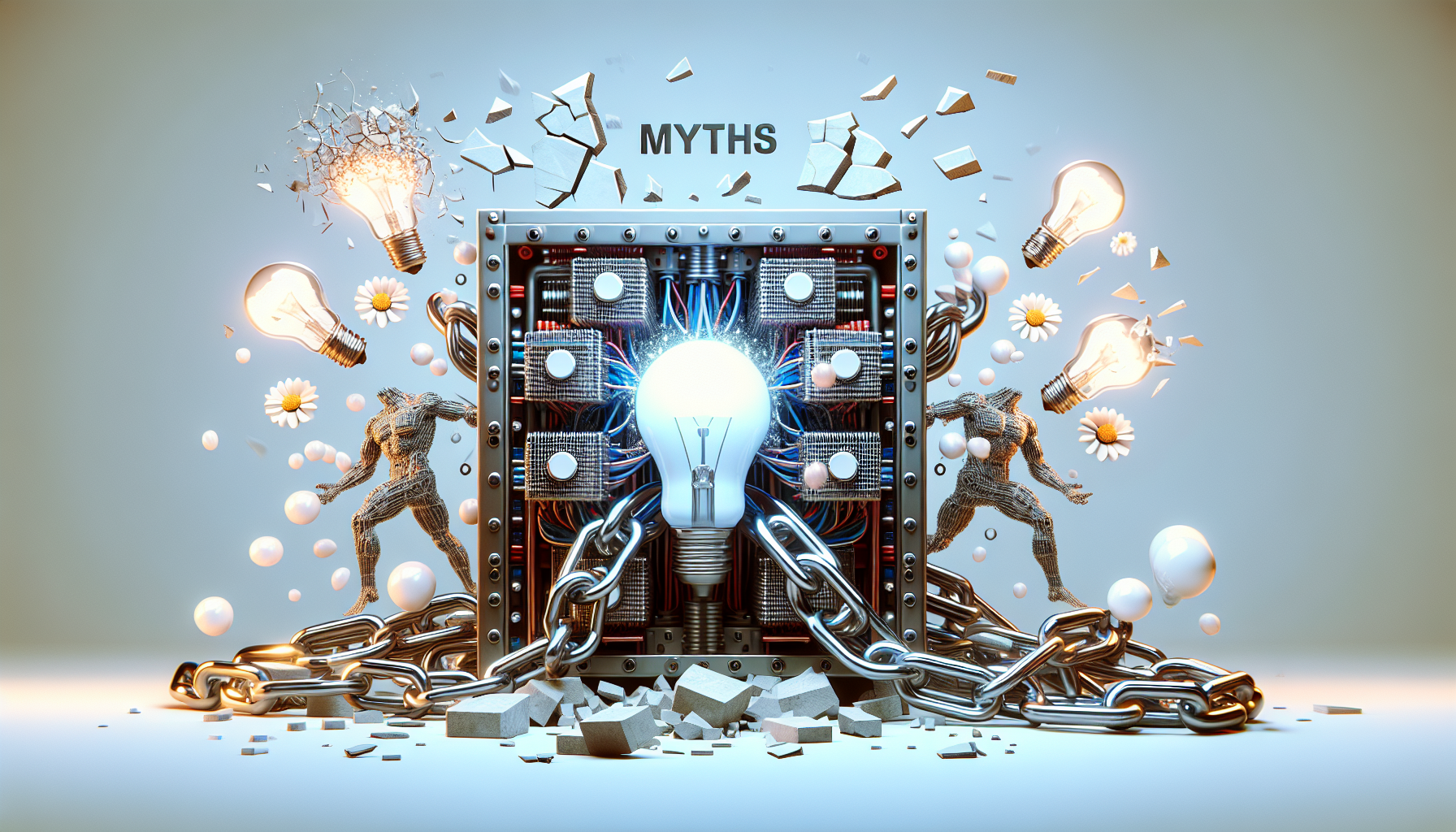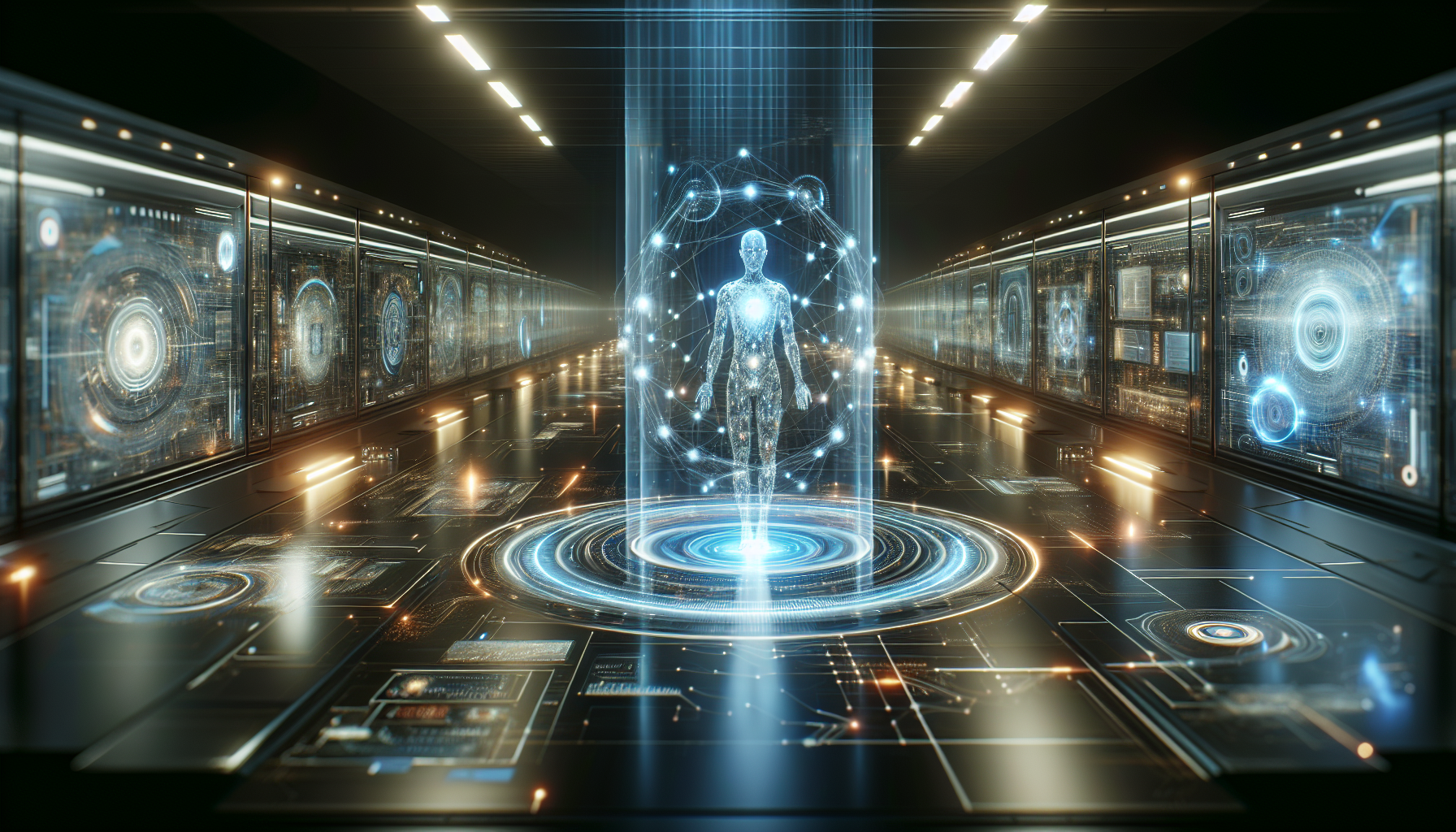
Debunking AI Ethics Myths: Separating Fact from Fiction in Artificial Intelligence Development
August 28, 2025
Artificial intelligence (AI) has transcended its initial phases of development, becoming a potent tool with immense capabilities. Yet, as its influence burgeons, so does the cloud of myths surrounding the ethical ramifications of its deployment. Conversations about AI ethics often fall prey to hyperbole and misinformation, overshadowing the nuanced realities of this intricate domain. It is time to critically dissect these myths, shedding light on the actual ethical considerations in AI development that demand our attention.
One prevalent myth suggests that AI systems are inherently biased, a notion that oversimplifies a complex issue. While it is true that biases can exist in AI, they are typically byproducts of the data used to train these systems rather than an intrinsic flaw of AI itself. The algorithmic bias reflects the historical and societal biases embedded within the data it processes. This reality challenges developers and ethicists alike to mitigate these biases through vigilant data selection and algorithmic transparency. The myth that AI is invariably biased detracts from the crucial task of fostering inclusivity and fairness in AI design.
Another misconception posits that ethical AI is merely a matter of improving technology—optimizing algorithms and refining data. However, this view neglects the broader ethical landscape, which encompasses governance, accountability, and the societal impacts of AI deployment. Ethical AI is not just a technical challenge; it is a socio-political one that requires interdisciplinary collaboration. Legal frameworks, ethical guidelines, and public discourse play pivotal roles in shaping AI's ethical trajectory. Thus, reducing ethical AI to a purely technological problem is not only misleading but dangerously simplistic.
A particularly damaging myth is the notion that AI can autonomously make ethical decisions. In reality, AI lacks the intrinsic moral compass required to navigate complex ethical landscapes. Decision-making in AI systems is grounded in pre-defined parameters and objectives set by human developers. The ethical implications of AI deployment rest squarely on the shoulders of its creators and the organizations that implement it. This myth obscures the responsibility humans hold in ensuring AI systems align with societal values and ethical standards.
The myth that ethical AI development is incompatible with innovation also deserves scrutiny. Some argue that stringent ethical considerations stifle creativity and slow technological progress. On the contrary, ethical AI development can be a catalyst for innovation. By addressing ethical concerns, developers foster public trust and acceptance, paving the way for broader adoption and integration of AI technologies. Ethical considerations can inspire creative solutions that balance innovation with societal values, proving that ethics and progress are not mutually exclusive.
Moreover, there is a persistent myth that AI ethics is a distant concern, something to consider only once AI systems achieve a certain level of sophistication. This perspective dangerously underestimates the urgency of ethical deliberations. Ethical considerations must be integral to AI development from the outset, influencing the design, deployment, and regulation of these technologies. Proactive engagement with ethical questions can prevent harmful consequences and guide AI development towards more equitable outcomes.
Finally, the myth that AI ethics is solely the responsibility of developers and engineers overlooks the collective responsibility society holds in shaping AI's future. Policymakers, educators, industry leaders, and the public all have vital roles to play. Public engagement and education are essential for fostering a well-informed discourse on AI ethics, enabling diverse perspectives to inform policy and practice. By framing AI ethics as a shared societal endeavor, we can better navigate the ethical challenges posed by AI.
As AI continues to evolve, it is imperative to dispel these myths and engage with the genuine ethical considerations at play. The intersection of AI and ethics is a dynamic frontier, ripe with opportunities for thoughtful dialogue and innovative solutions. Misconceptions about AI ethics obfuscate the real challenges and opportunities, hindering our ability to harness AI's potential responsibly.
In confronting these myths, we open the door to a more informed and nuanced understanding of AI ethics. What uncharted ethical frontiers will emerge as AI technologies continue to advance, and how can we collectively ensure these developments serve the greater good? The answers will shape the very fabric of our technological future, demanding vigilance, creativity, and ethical integrity from all of us.


